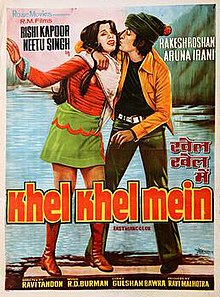
The Power of Friendship, Games, and Consequences
Khel Khel Mein (1975), an iconic Bollywood thriller, presents a fascinating exploration of friendship, mischief, and the delicate line between fun and serious consequences. The film follows Ajay (Rishi Kapoor) and Vikram (Rakesh Roshan), two mischievous friends whose playful pranks lead them into a dangerous kidnapping scheme. Despite the light-hearted premise, the film dives into the gravity of how carefree actions can lead to life-changing decisions. It explores the vulnerability of personal relationships in the face of a game gone wrong and the ultimate consequences that follow.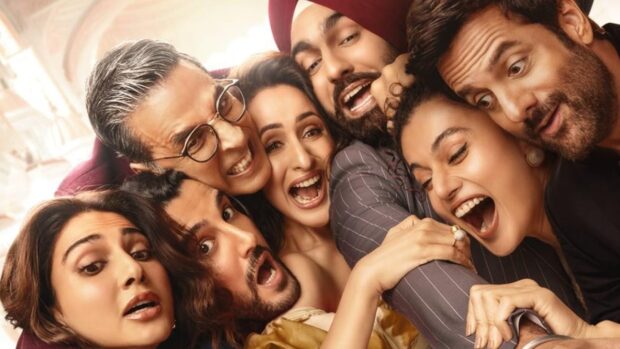
In the newer Khel Khel Mein (2024), the core themes of youthful pranks, friendship, and crime are updated for a modern audience. This version integrates themes like technology and social media influence, addressing the growing concern of how personal relationships are affected by the digital world. With sleek cinematography and contemporary storytelling, the movie brings new relevance to the timeless message of friendship, while giving it a modern twist.
Themes and Characters: Then vs Now
In the original Khel Khel Mein, the innocence of youthful pranks is depicted as a joyful but reckless act. The characters are shown as vulnerable, unaware of the long-term consequences of their actions. The deep bond of friendship between Ajay and Vikram, though playful, is tested when the games they play begin to unravel into something far more sinister.
The newer version of Khel Khel Mein retains this foundation but introduces the complexities of modern-day issues such as the influence of social media on relationships. This version reflects a more nuanced understanding of how technology can escalate situations and influence our connections with others. The film’s plot twists, paired with intense emotional stakes, draw comparisons to current-day societal anxieties.
The Changing Dynamics of Friendship and Trust
Both versions focus on the theme of friendship, trust, and betrayal. The 1975 film portrays an idealistic view of friendship, where the characters’ bond is central to the narrative. However, it also demonstrates that even the best friendships can falter when crossed boundaries become impossible to ignore. In contrast, the modern film highlights a deeper layer of mistrust that arises in today’s world of instant communication, public sharing, and online interactions. It asks whether true friendships can survive in an era where digital interactions are sometimes more frequent than face-to-face connections.
Performance and Cinematic Style
The performances in both films are crucial to their success. The chemistry between the leads in the original film (Rishi Kapoor and Rakesh Roshan) remains iconic, largely due to their natural charm and relatability. Their portrayal of two friends whose carefree attitude leads to chaos is both entertaining and thought-provoking.
The 2024 film, with its updated filmmaking techniques, utilizes slick cinematography, dynamic editing, and music to keep the pacing fast and engaging. This updated aesthetic is more suited to the current generation’s viewing preferences, while still paying homage to the charm of its predecessor.
Cultural Impact and Appeal: Nostalgia vs Modernization
The 1975 Khel Khel Mein holds a nostalgic value for viewers who grew up during the golden era of Bollywood. Its ability to blend fun with serious consequences made it a unique watch at the time. The newer adaptation, however, represents the changing tastes and concerns of modern-day audiences. It capitalizes on the allure of high-tech gadgets, social media, and contemporary dilemmas, making it more relatable to younger generations who might be unfamiliar with the original film.
Both films offer valuable insights into the dynamics of friendships, the risks of recklessness, and the long-term effects of our decisions. However, the latest film’s incorporation of technology and social media as critical elements in the narrative enhances its relevance in today’s world.
Conclusion
In essence, Khel Khel Mein (1975) and its modern counterpart (2024) serve as thought-provoking takes on the consequences of youthful indiscretions. The original remains a cult classic, cherished for its portrayal of innocent yet reckless friendships, while the newer version updates the narrative for today’s world of digital connectivity and complex relationships.
For further insights into the evolution of Bollywood thrillers and how movies adapt to the changing times, you can explore more through the following articles:



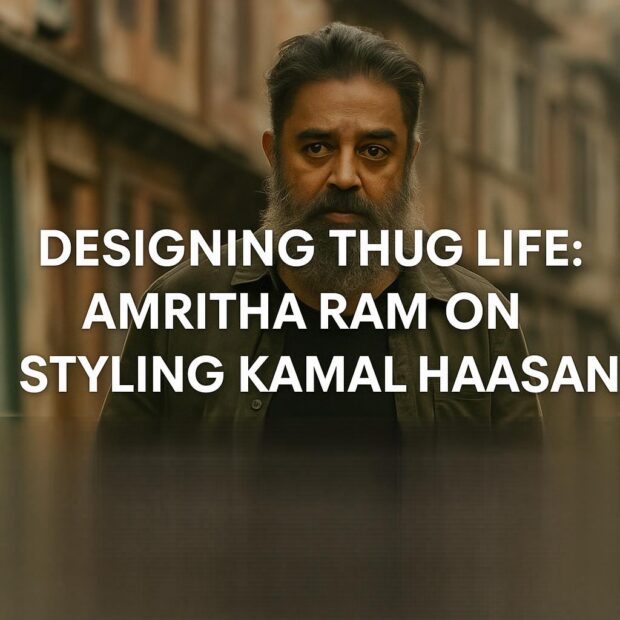
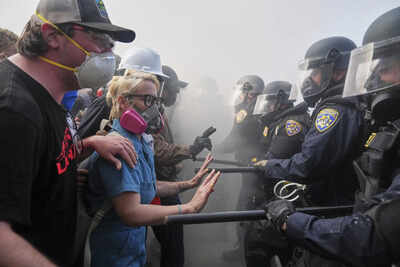
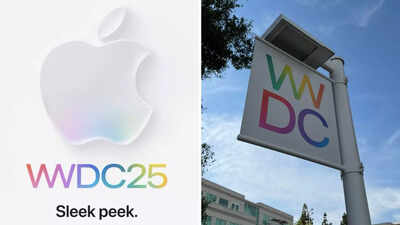
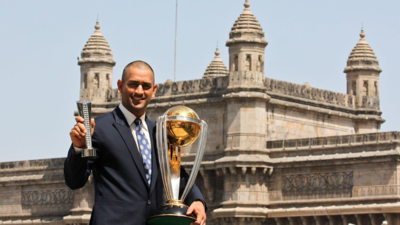


Be the first to leave a comment